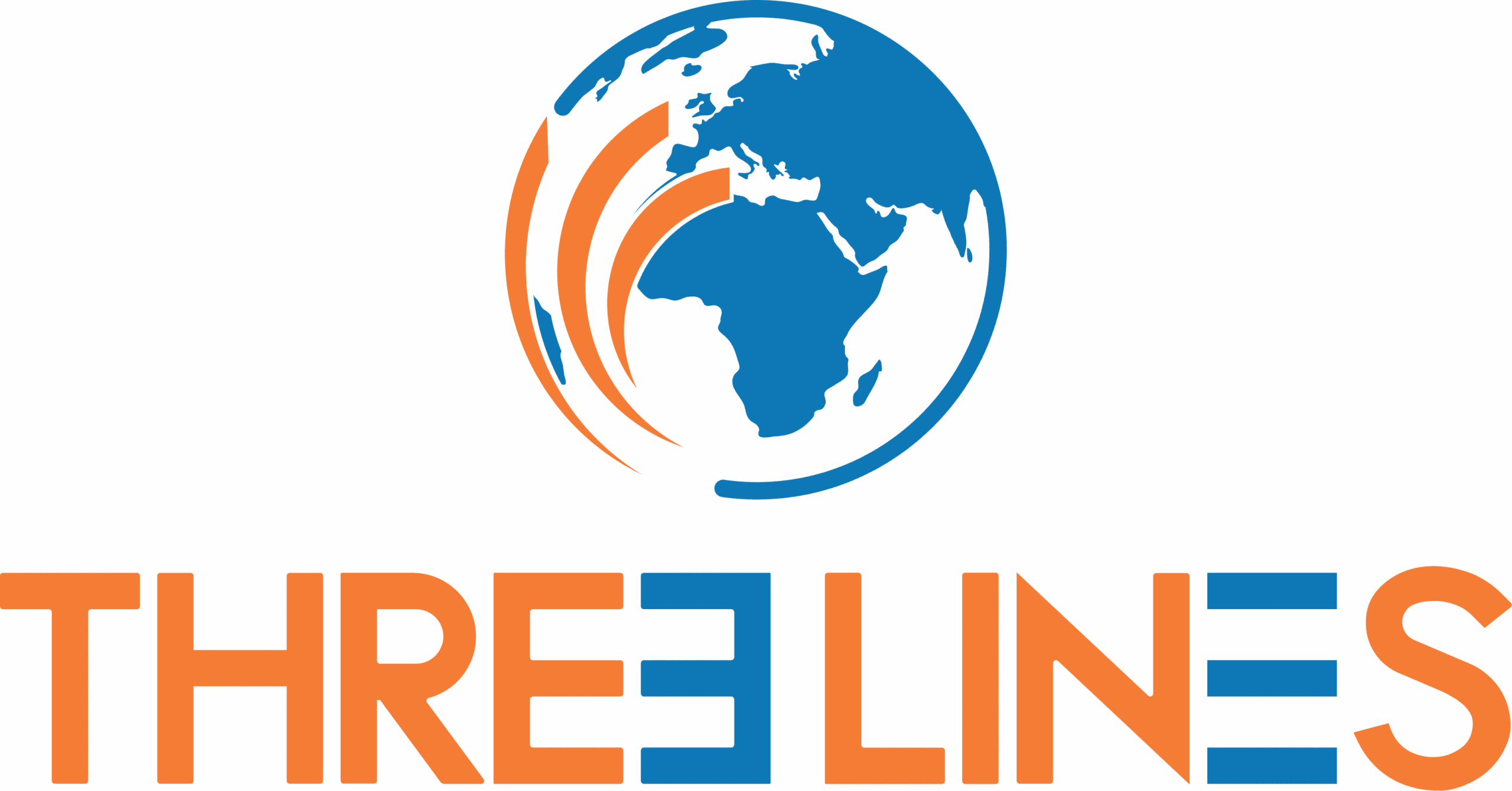Shipping goods between free zones in the GCC is one of the smartest logistics strategies for modern importers, exporters, and manufacturers. Freezone-to-freezone shipping allows companies to avoid delays, reduce duties, and streamline customs procedures — especially when using land freight options like LTL (Less Than Truckload) and FTL (Full Truckload). If your business operates in JAFZA, DAFZ, Bahrain Logistics Zone, or Kuwait’s Shuwaikh Free Zone, this guide is for you.
Let’s break down how Freezone LTL and FTL shipping works, the benefits, the routes, and what you need to know about bonded transport, customs clearance, and warehousing.
Why Freezone-to-Freezone Shipping Makes Sense
Free zones across the GCC — such as those in Dubai, Bahrain, and Kuwait — offer unique advantages:
· Duty suspension on imports and exports
· Simplified licensing and trade documentation
· Access to bonded transport and customs fast-tracking
· Strategic positioning near sea ports, airports, and road corridors
But many businesses don’t realize that freezone-to-freezone transport across borders can be just as efficient as domestic freight — when handled correctly.
Whether you’re moving perfumes, electronics, medical devices, clothes or building materials, using a bonded land freight solution between free zones saves both time and cost.
LTL vs. FTL: Which is Right for Your Business?
Freezone-to-Freezone LTL (Less Than Truckload)
If you’re shipping smaller loads — usually less than 10 pallets — LTL shipping is the way to go. You share truck space with other businesses, making it a cost-effective method for partial shipments or pilot distribution into new markets.
· Ideal for: Startups, small-volume traders, e-commerce exporters
· Benefits: Lower costs, frequent schedules, minimal commitment
· Considerations: Slightly longer transit times due to consolidations
Freezone-to-Freezone FTL (Full Truckload)
For larger shipments — full trucks of palletized goods — FTL is the preferred method. It gives you a dedicated truck from origin to destination, which means faster delivery, better security, and less handling.
· Ideal for: High-volume traders, regular exporters, fragile or valuable cargo
· Benefits: Quicker delivery, fewer touchpoints, reduced risk of damage
· Considerations: Higher costs unless truckload capacity is maximized
Customs Clearance: Leveraging Bonded Transport for Freezone-to-Freezone movement
Cross-border shipping between free zones still involves customs processes — but here’s where bonded transport comes in.
Bonded trucks allow you to move goods across GCC borders without paying duties or taxes upfront, as long as the cargo stays within free zones or bonded warehouses. This reduces cash flow pressure and speeds up the logistics process.
Required Documents:
· Commercial Invoice
· Packing List
· Certificate of Origin (if applicable)
· Waybill / CMR
· Customs Transit Declaration
· Dangerous Goods Certificate (if applicable)
Working with a logistics partner like that specializes in GCC bonded transport ensures smooth customs clearance at all major border crossings.
Warehousing and Cross-Docking in Free Zones
If your business needs to temporarily store goods or switch cargo from one transport unit to another, free zone warehousing and cross-docking is a game-changer.
Cross-Docking:
· Minimizes storage time
· Goods arrive and are immediately sorted and loaded onto outbound trucks
· Ideal for fast-moving consumer goods, retail replenishment, and multi-destination loads
Freezone Warehousing:
· Offers bonded storage (no duties while goods are held)
· Often integrated with fulfillment services
· Helps buffer inventory for just-in-time deliveries
Major logistics parks like JAFZA, DAFZ, and Bahrain Logistics Zone provide advanced infrastructure to support these activities — from pallet racking to climate control and 24/7 operations.
Timely, Secure, and Trackable
Reliability is everything when moving goods between free zones. The right logistics provider will offer:
- Tracking facility: Know exactly where your shipment is
- Temperature-controlled trucks: For cosmetics, food, or pharma
- Electronic Proof of Delivery (ePOD): For faster reconciliation
- Driver background checks & bonded credentials: For security
Using dedicated trucks for FTL routes minimizes risk, especially for fragile, branded, or high-value cargo. LTL loads, when consolidated and cross-docked properly, can match FTL performance if scheduled strategically.
Key Routes and Transit Points
UAE to Kuwait
- Primary Route: Jebel Ali Free zone (JAFZA) to Kuwait (Shuwaikh Free Zone)
- Transit Time: 3–5 days by road (bonded truck)
- Border: Ghuwaifat (UAE-Saudi) & Nuwaiseeb (Saudi-Kuwait)
UAE to Bahrain
- Primary Route: Jebel Ali Free zone (JAFZA) to Bahrain Logistics Zone
- Transit Time: 2–3 days
- Border: King Fahd Causeway
Industries That Benefit Most
Freezone-to-Freezone shipping is ideal for sectors that require speed, compliance, and efficiency:
- Perfumes & Cosmetics – Often require DG-certified bonded transport
- Electronics – Fragile, high-value, needs secure warehousing
- Medical Supplies & Devices – Requires customs clearance and documentation precision
- Fashion & Retail – Frequent seasonal rotations, LTL-friendly
Whether you’re a GCC distributor or an international brand using the UAE as your logistics hub, free zone-to-free zone shipping gives you a strategic edge.
Final Thoughts: Why It Pays to Partner Smart
Moving freight between free zones across the GCC isn’t just about wheels on the road — it’s about coordination, compliance, and control.
A solid logistics partner like Three Lines Shipping will offer:
· LTL & FTL flexibility
· Customs clearance support
· Warehousing and cross-docking in free zones
· Real-time visibility and tracking
· Experience with bonded trucking across the GCC
How Three Lines can help you
If your business operates in GCC free zones and you’re ready to cut down lead times and streamline your shipping, partner with a freight expert like Three Lines Shipping that understands freezone-to-freezone logistics.
🚚 Get a free consultation today — and find out whether LTL or FTL is right for your cross-border operations by visiting us at https://threelineshipping.com/request-quote/ or send us your requirements through [email protected]

